Crop protection has come a long way since Egyptian farmers first
used the scarecrow, some 5,000 years ago. And growers are always looking
to learn how to be more effective, more precise, and more efficient,
which is not easy.
The earlier methods of crop protection that people used in the
olden days were often physically demanding, time-consuming and less
effective. Over the last century, with the progress in technological
development, the crop protection toolbox has grown larger and more
effective.
Throughout the history of agriculture,
each new wave of crop protection innovation allowed farmers to be more
efficient. Tillage reduced the need for hand weeding. Chemicals reduced
the need for tillage. Genetically modified seeds reduced the need for
insecticides. Data analytics, combined with precision planting and
spraying techniques, has made farmers even more efficient, helping them
farm with less of impact on our environment.
Now, while some long-standing methods remain important, the industry has
provided an array of advanced chemical, biological, and digital answers
to crop protection challenges. Using a combination of tools, farmers
are designing the exact solution required for each crop, during each
growing season.
As we know, each type of crop protection tool serves a slightly
different purpose. When multiple tools are used together, they are more
effective. Let’s take a closer look at how four different crop
protection tools work on a farm.
♦ Cover Crops: The
practice of planting crops in between cash crops, to provide cover for
the soil, dates back more than 2,000 years. Today, modern and organic
farmers use them to help decrease soil compaction, enhance soil
fertility, improve soil moisture retention, and fight pests and weeds.

Photo from: ModernAgriculture.org
♦ Advanced Chemistry & Spraying Technology: Chemistry
has been a valuable crop protection tool for decades. The most modern
innovations, such as the latest chemical solutions, combined with spray
nozzles and guidance systems, offer unprecedented levels of precision.

Photo from: ModernAgriculture.org
According to the data from
Phillips McDougall, the compound annual growth rate of global
agrochemical market from 2001 to 2016 increased 5.4%, where the market
value increased from $25.8 billion in 2001 up to $56.5 billion in 2016,
of which, the most rapid growth lies in the herbicide market.
For farmers, weed control
has always been a complicated and difficult job. To help farmers protect
their crops from weeds, the industry has made great efforts, and among
which, glyphosate has been a breakthrough for farming.
Glyphosate is the first
amino acid herbicide, since its introduction in 1974, glyphosate-based
products have become a commonly used herbicide for farmers. According to
a forecast of Markets & Markets, the market value of glyphosate is
expected to reach $9.91 billion by 2022, while its compound annual
growth rate may reach 6.32% from 2016 to 2022. This widespread adoption
is the result of Glyphosate’s ability to control a broad spectrum of
weeds, and its extensive environment benefits and strong safety.
♦ Microbial Seed Treatments: Alongside
chemical products, biological products have emerged in recent decades
as an ally of the farmer. Microbes—microscopic organisms that occur
naturally in soil—have been especially helpful, contributing to nutrient
management and crop protection plans.

Photo from: ModernAgriculture.org
♦ Predictive Data Analytics: One
of the most recent crop protection innovations involves the use of
digital tools. As farmers have gathered information about yield and
fertility over the past 20 years, they’ve been building a powerful tool:
the data itself.

Photo from: ModernAgriculture.org
Egyptians, 5,000 years ago, would never believe that humans could
use an iPad for crop protection. Modern agriculture provides a series of
chemical, biological and digital crop protection solutions to help
farmers tackle the challenges in crop protection. Luckily, such a great
technology has helped human beings to improve cultivation and
efficiency.

 call us : +8613866722531
call us : +8613866722531 send a message : pweiping@techemi.com
send a message : pweiping@techemi.com call us : +8613866722531
call us : +8613866722531 send a message : pweiping@techemi.com
send a message : pweiping@techemi.com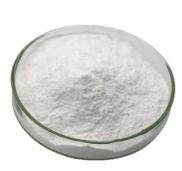
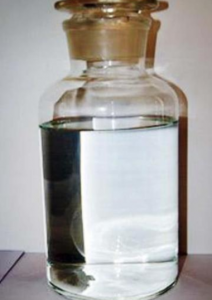
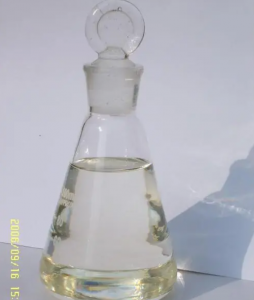
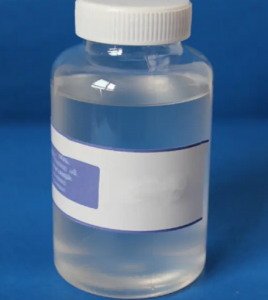
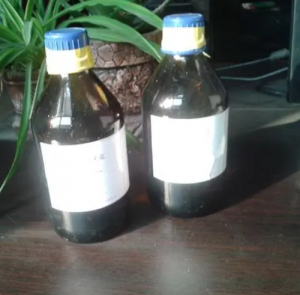
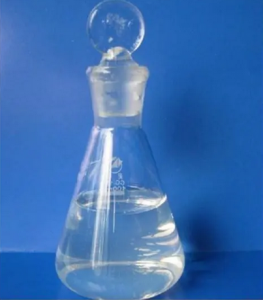











 online service
online service +8613866722531
+8613866722531 pweiping@techemi.com
pweiping@techemi.com pweiping
pweiping +8613866722531
+8613866722531